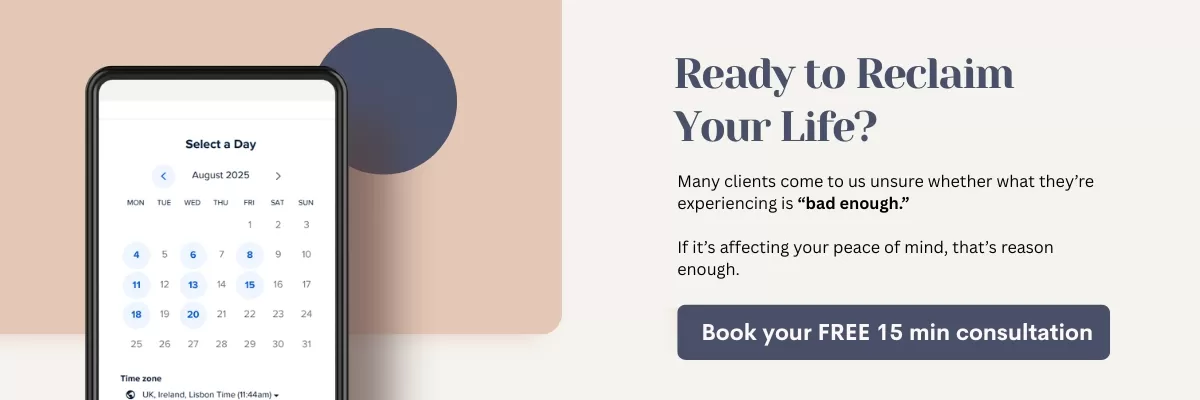
The Reality of Life After Birth
Bringing a baby into the world is often described as magical, but the reality for many women is more complicated. Sleepless nights, physical recovery, and the overwhelming responsibility of caring for a newborn can leave you feeling exhausted, anxious, and emotionally drained.
You may have expected to feel nothing but joy, but instead find yourself struggling to cope, questioning your abilities as a parent, or feeling disconnected from your baby. These experiences are far more common than most people realise, yet many new mothers feel pressure to hide them.

Understanding Postnatal Mental Health Challenges
Postnatal mental health concerns can include:
- Postnatal depression – Persistent sadness, loss of interest, or feelings of hopelessness
- Postnatal anxiety – Excessive worry about your baby’s safety or your ability to cope
- Intrusive thoughts – Unwanted thoughts or fears that cause distress
- Bonding difficulties – Feeling detached from your baby or uncertain about your role as a mother
- Emotional overwhelm – Struggling to manage mood swings, irritability, or frustration
According to the NHS (2023), around 1 in 5 women experience a mental health problem during pregnancy or in the year after giving birth. The Royal College of Psychiatrists notes that postnatal depression can start anytime in the first year, not just in the early weeks.
Why These Feelings Happen
Postnatal mental health challenges can be linked to:
- Hormonal changes
- Sleep deprivation
- Birth trauma or a difficult pregnancy
- Previous mental health difficulties
- Relationship pressures or lack of support
- Adjusting to the demands of caring for a newborn

FAQs – Postnatal Mental Health Counselling
Q: How do I know if I have postnatal depression or just “normal” tiredness?
If low mood, anxiety, or hopelessness last for more than a couple of weeks, or if they interfere with your ability to function, it may be postnatal depression.
Q: Can I attend counselling with my baby?
In many cases, yes. We can discuss your needs and make arrangements where possible.
Q: Will you involve social services if I admit I’m struggling?
No. Struggling with postnatal mental health does not mean you are unfit to parent. We only involve other agencies if there is a safeguarding concern.
Q: Can counselling help with anxiety about leaving my baby?
Yes. We can explore strategies to build confidence and reduce anxiety when apart from your baby.
Q: Is it too late for support if my child is no longer a newborn?
Not at all. Postnatal mental health challenges can emerge any time in the first year, and sometimes beyond. Support is valuable whenever you seek it.
